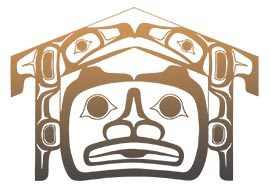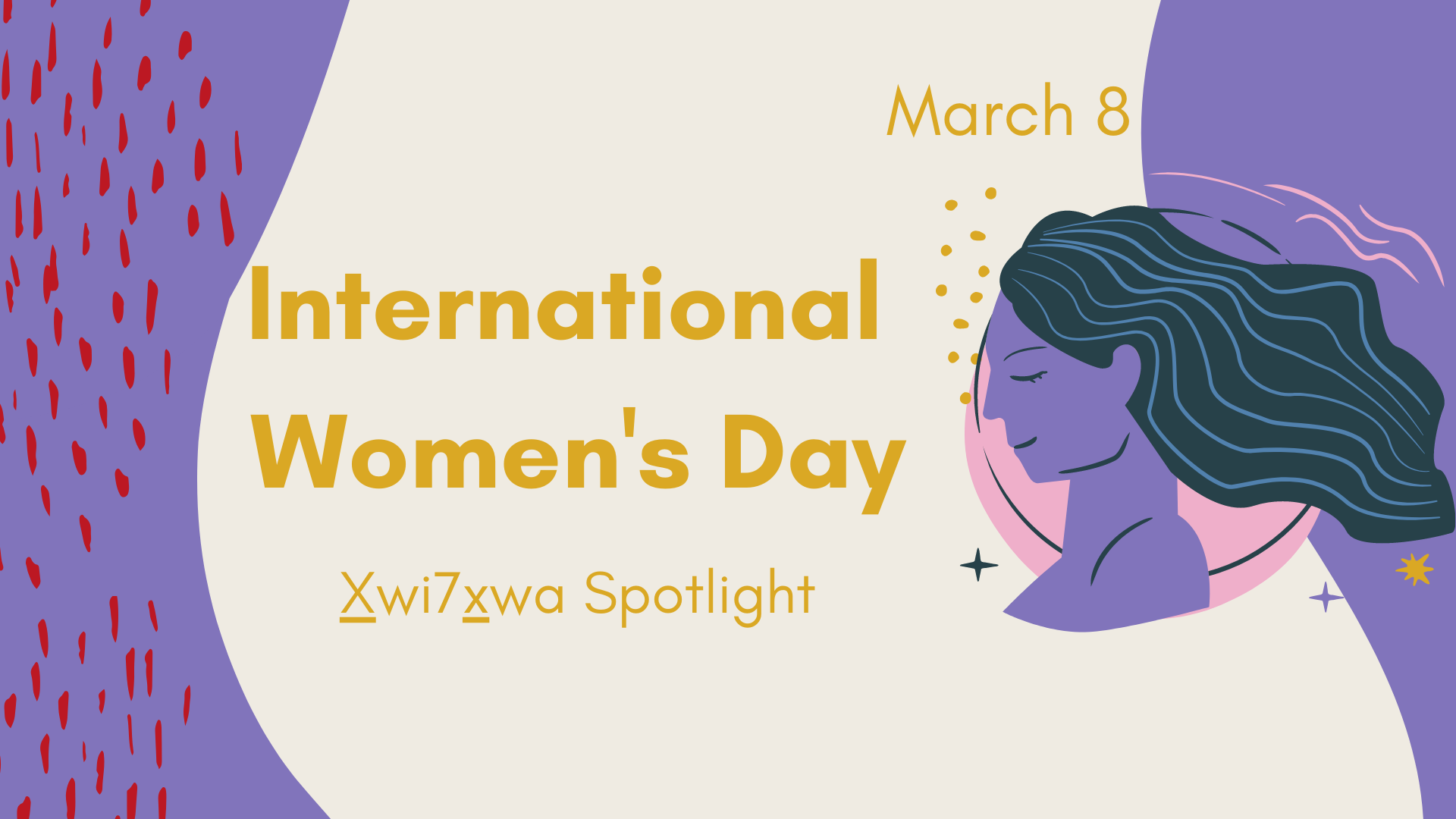 March 8th is International Women’s Day across the globe! It is to celebrate the social, economic, cultural and political achievements of all women, past, present, & future. It is also used as a day to signify a call to action for accelerating women’s equality in society.
March 8th is International Women’s Day across the globe! It is to celebrate the social, economic, cultural and political achievements of all women, past, present, & future. It is also used as a day to signify a call to action for accelerating women’s equality in society.
The theme for this year is Each for Equal, explained as:
An equal world is an enabled world.
Individually, we’re all responsible for our own thoughts and actions – all day, every day.
We can actively choose to challenge stereotypes, fight bias, broaden perceptions, improve situations and celebrate women’s achievements.
Collectively, each one of us can help create a gender equal world.
Let’s all be #EachforEqual.
(International Women’s Day Theme, 2020)
You might see some social media activity with the hashtags #IWD2020 and #EachforEqual, which are the official hashtags by the International Women’s Day organization.
Here at Xwi7xwa, we’ve picked out some of our favourite books surrounding women, feminism, and womanhood.
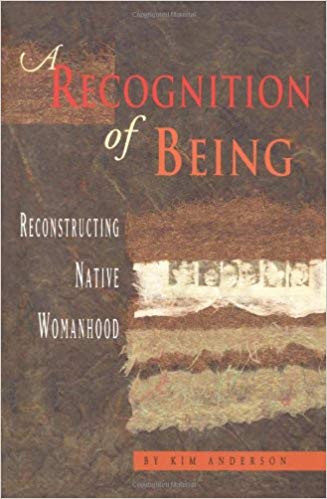
A Recognition of Being: Reconstructing Native Womanhood by Kim Anderson explores how Indigenous womanhood had been constructed and reconstructed in Canada, and examines how important the ability to self-determine yourself is in a colonial society.
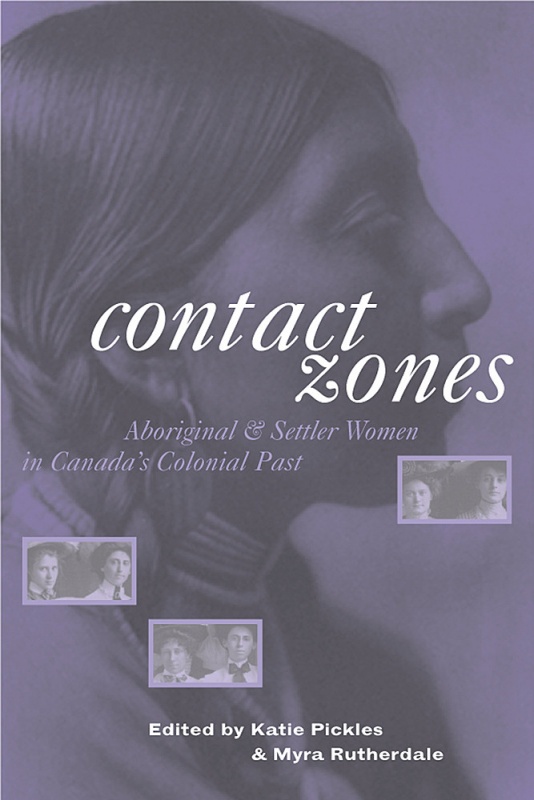
Contact Zones: Aboriginal and Settler Women in Canada’s Colonial Past edited by Katie Pickles and Myra Rutherdale places women as both colonizer and colonized (sometimes even simultaneously), to demonstrate that women were uniquely positioned at the axis of the colonial encounter. Contact Zones puts Canadian women’s history within colonial and imperial systems.
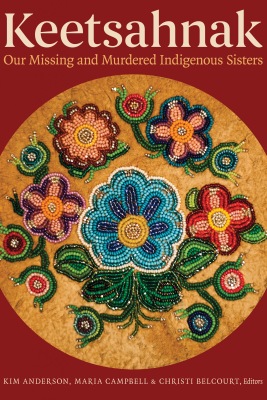
Keetsahnak: Our Missing and Murdered Indigenous Sisters edited by Kim Anderson, Maria Campbell & Christi Belcourt the tension between personal, political, and public action is brought home starkly as the contributors look at the roots of violence and how it diminishes life for all.
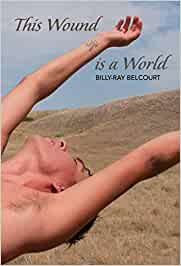
This Wound is a World: poems by Billy-Ray Belcourt issues a call to turn to love and sex to understand how Indigenous peoples shoulder sadness and pain like theirs without giving up on the future.
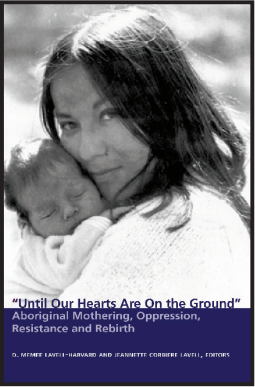
“Until Our Hearts Are On the Ground”: Aboriginal Mothering, Oppression, Resistance and Rebirth edited by D. Memee Lavell-Harvard and Jeannette Corbiere Lavell is a collection of multiple voices demonstrating the issues surrounding Indigenous motherhood in contemporary society and the effects it has on mothering practices, government policies, and the way mothers are represented in the media.
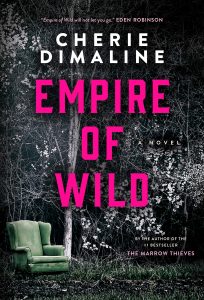
Empire of Wild by Cherie Dimaline follows Joan through a propulsive, stunning and sensuous novel inspired by the traditional Métis story of the Rogarou – a werewolf-like creature that haunts the roads and woods of Métis communities.
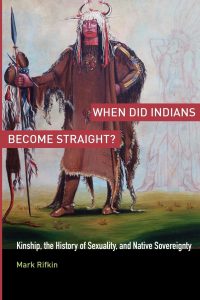
When Did Indians Become Straight?: Kinship, the History of Sexuality, and Native Sovereignty by Mark Rifkin examines the relationships between colonialism through U.S government policy & history and Indigenous peoples sexuality/sexual order of society.
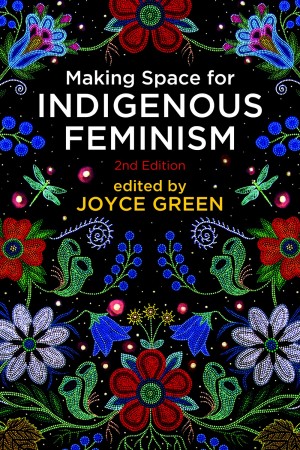
Making Space for Indigenous Feminism edited by Joyce Green covers a wide range of some of the most important issues facing Indigenous peoples today: violence against women, recovery of Indigenous self-determination, racism, misogyny and decolonization in a global context.
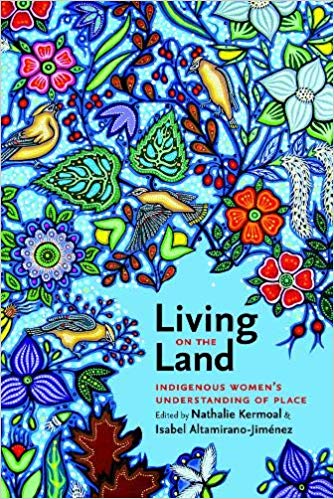
Living on the Land: Indigenous Women’s Understanding of Place edited by Nathalie Kermoal and Isabel Altamirano-Jiménez looks at how patriarchy, gender, and colonialism shape the experiences of Indigenous women as both knowledge holders and knowledge producers. Different writers explore the nature and scope of Indigenous women’s knowledge, how knowledge is rootedness in relationships both human and spiritual, and how knowledge is not inseparable from land and landscape.
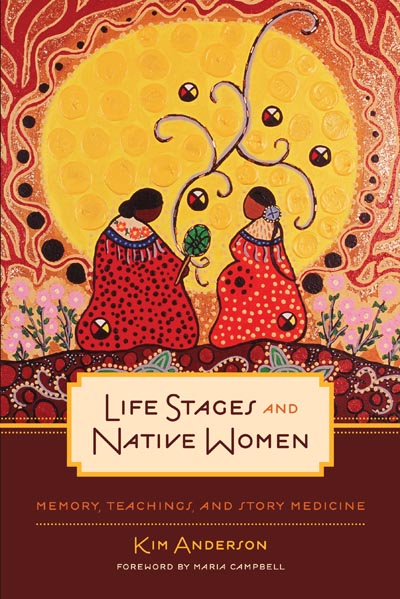
Life Stages and Native Women: Memory, Teachings, and Story Medicine by Kim Anderson shares the teachings of fourteen elders from the Canadian prairies and Ontario to illustrate how different life stages were experienced by Métis, Cree, and Anishinaabe girls and women during the mid-twentieth century.
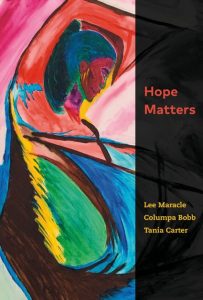
Hope Matters by Lee Maracle, Columpa Bobb, & Tania Carter is a collection of poetry written together as mothers & daughters that focuses on Indigenous history from colonial beginnings to reconciliation.
Looking for something else to read on International Women’s Day? Stop in to catch with our librarians or email us at xwi7xwa.library@ubc.ca!
